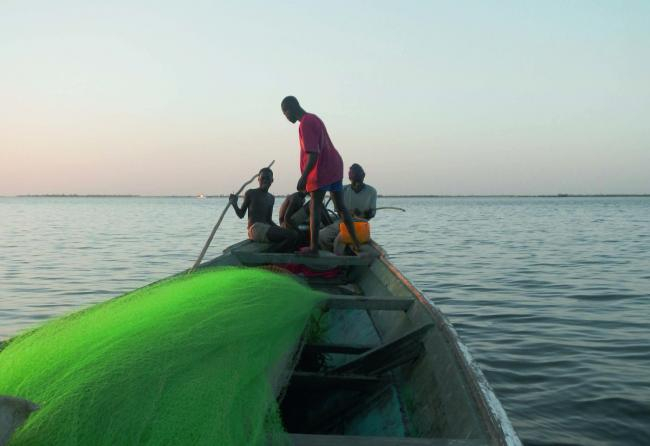The overexploitation of ecological resources is a longstanding and ubiquitous problem primarily driven by the increasing demand for food of a rapidly growing global population. Strategies to mitigate or to overcome overexploitation mainly consist of regulatory approaches that require an adequate institutional environment to be effective. Well-functioning institutions are, however, costly to install and to maintain and therefore absent in many resource systems, thus, turning resource management into a collective decision problem. Today, the pressure on ecological resources is tremendous, in particular in tropical countries, because of high population growth rates, incomplete monitoring and enforcement, and difficulties with substituting the goods and services provided by the local ecological resources.
Generally, any reasonable strategy of ecological resource use has at least two apparently conflicting aims: (1) the immediate provision of a sufficient quantity of the resource and (2) the longterm availability of the resource. Reconciling these two opposing aims becomes complicated with the increasing pressure exerted by the demand and with the decreasing certainty of the future. Economic experiments are standard tools for evaluating the impact of incentives or public policies on resource stocks, although they are affected by various limitations. To fill this gap between classic economic experiments and the complex setting of real resource systems, we have developed a time continuous common pool resource experiment tool, the app OGUMI, which is implemented on interconnected mobile devices running the Android operating system.
This project involves both research and education in cooperation with the African Institute of Mathematical Sciences (AIMS) in Senegal. The research part adopts a twostage approach: (i) Gather data by conducting a series of experiments with the app, which will be followed by a thorough statistical analysis to identify relevant factors influencing harvest behaviour and (ii) develop and apply a traitbased model to describe adaptive harvesting following a dynamic tradeoff between current and perceived future harvest. Education will involve a number of workshops and summer schools and PhD student training.
Project participants
Dr. Gunnar Brandt
Dr. Micaela Kulesz
Prof. Moustapha Fall (AIMS)
OGUMI
OGUMI is an Android-based open source application for conducting common-pool resource experiments, choice experiments, and questionnaires in the field, in the laboratory, and online. It is simple, stable, and flexible with regards to the user-resource model running in the background.
OGUMI was developed with the help of Nymspace from a cooperation between the Systems Ecology Group (from the Theoretical Ecology & Modelling Department) and the Institutional & Behavioural Economics Group (from the Social Sciences Department) and applied for the first time in the project HARVEST for studying human harvest behaviour in real-time.
We provide OGUMI as free software under the Apache License 2.0. The source code and documentation is available on GitHUB, a web repository for software development projects that offers distributed version control and source code management functionalities.
A compiled, ready-to-use version of OGUMI for Android tablets and telephones with related documentation can be downloaded from www.ogumi.de.





